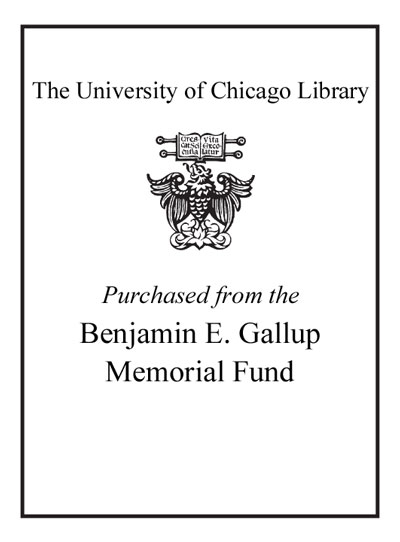Review by Choice Review
Adding to a growing number of ethnographic studies of small rural communities, this report of research conducted in the early 2000s is well written and well organized, and the results ring true. Sociologist Macgregor (formerly, Univ. of Montana) describes the cultural orientations of three groups of residents in a small Wisconsin town. Comparing regulars, main streeters, and alternatives in terms of their ethic of agency, consumption patterns, and styles of interaction and socializing, the author delineates orientations toward community development. Macgregor bases her study on one and a half years of fieldwork during which she lived and worked in the town. In the tradition of classic community studies as well as more recent work by Sonya Salamon (Newcomers to Old Towns: Suburbanization of the Heartland, 2003) and by Patrick Carr and Maria Kefalas (Hollowing Out the Middle: The Rural Brain Drain and What It Means for America, CH, Apr'10, 47-4732), the description of residents' views of their town suggests that assumptions about the homogeneity of small rural places are not necessarily accurate. Although there are annoying editorial lapses (e.g., principle for principal, references missing from the bibliography), the book makes an important contribution to the community literature. The methodological appendix is excellent. Summing Up: Highly recommended. All academic levels/libraries. A. A. Hickey Western Carolina University
Copyright American Library Association, used with permission.
Review by Choice Review

